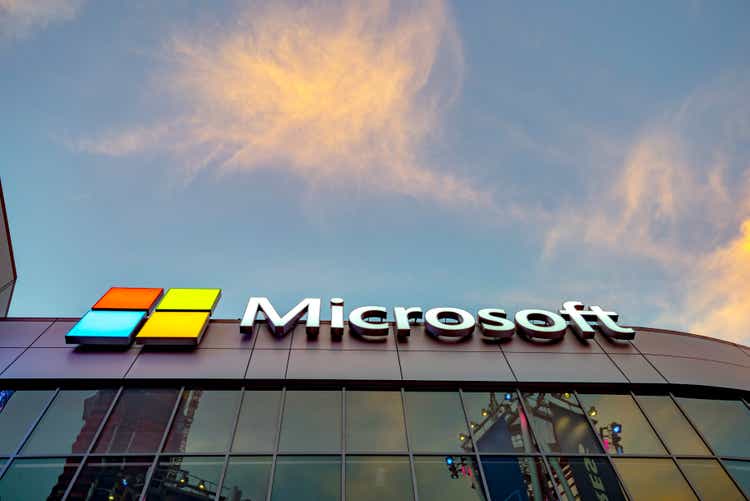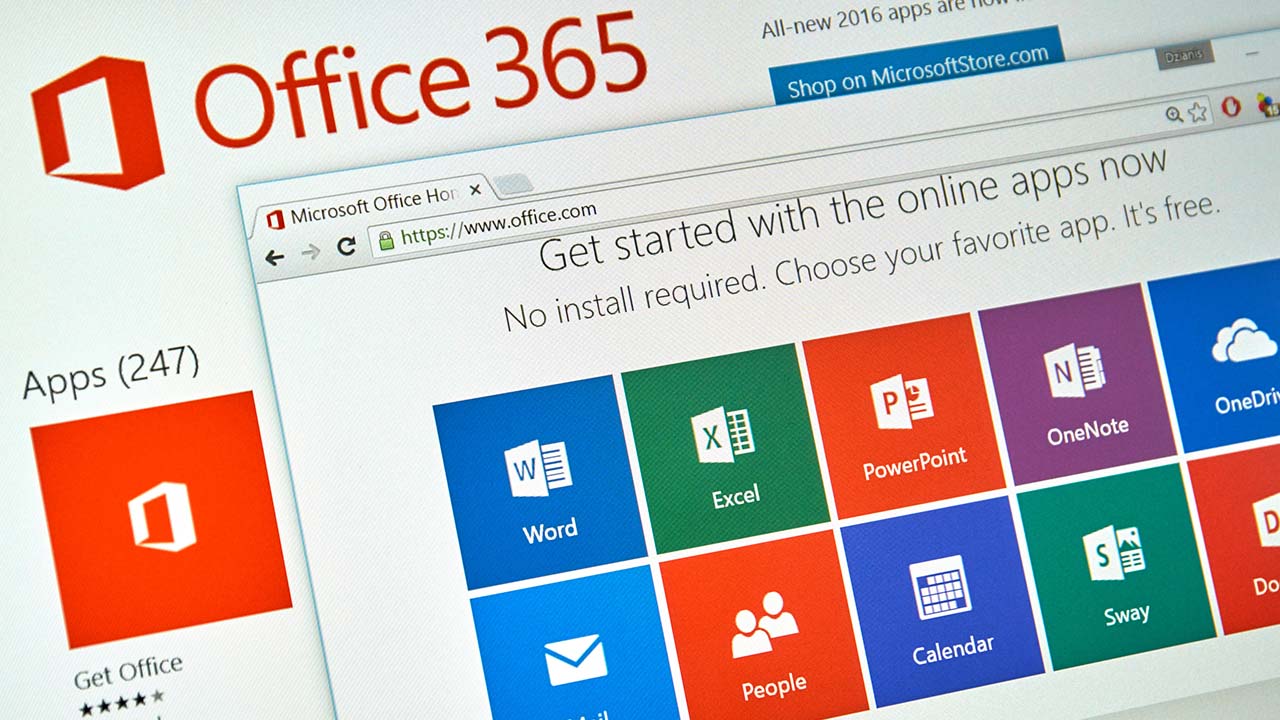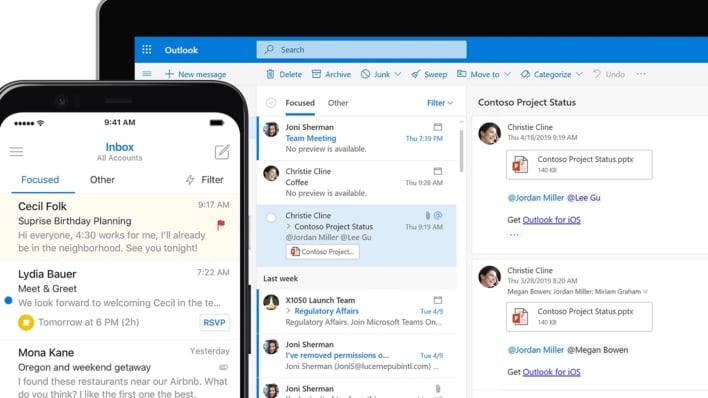





Microsoft's cybersecurity offerings have the potential to become a $100 billion business, contributing 1% to 1.5% to the company's growth through 2027. The company has organized its security products into six product families and three focus areas: identity, endpoint, and cloud. These products generate over $20 billion in annual revenue. Two key areas of strength are Entra and Defender. Entra is widely adopted for its protocols, such as requiring multifactor authentication. Microsoft Defender offers various capabilities, including Defender for XDR and Defender for cloud. Additionally, Microsoft Purview provides a data management solution, Microsoft Priva allows companies to manage their data landscape, and Microsoft Intune is a cloud-based endpoint management solution. Microsoft's Copilot for Security leverages AI for incident response and threat hunting [391cda35].
The recent launch of the Microsoft Defender Bounty Program further demonstrates Microsoft's commitment to enhancing its security offerings. The program rewards ethical hackers for discovering significant vulnerabilities that impact customer security. This initiative aims to make Microsoft's programs and platforms more secure and less prone to vulnerabilities. Participants in the program can receive rewards ranging from $500 to $20,000 for finding critical or important severity vulnerabilities. In-scope vulnerabilities include cross-site scripting, cross-site request forgery, server-side request forgery, cross-tenant data tampering or access, and injection vulnerabilities. The bug bounty program follows similar initiatives by Microsoft for other products such as Bing, SharePoint, Microsoft 365, Skype for Business, and on-premises Exchange [8699db21] [2bb14e63].
In addition to its cybersecurity offerings, Microsoft has released 63 updates to address critical zero-day flaws in Windows and Office. These updates cover various vulnerabilities in Microsoft Exchange, Visual Studio, and Adobe Reader. Some of the vulnerabilities require immediate attention, such as the Windows DWM Core Library Elevation of Privilege Vulnerability and the Microsoft Office security bypass vulnerability. Other updates address issues that could lead to elevation-of-privilege and spoofing attacks in Visual Studio and .NET/ASP.NET. Exchange Server updates have also been released, which fix non-wormable issues that require full administrator access. Adobe Reader has received a critical-rated update that should be addressed promptly. It is recommended to follow the testing guidance provided by Readiness to ensure the updates do not cause any issues with the Windows platforms and application installations [0fcc2bc2] [1952be01].
Furthermore, Microsoft has announced the deprecation of Microsoft Defender Application Guard for Office, a security feature that runs malicious documents in an isolated environment to protect users. The company recommends customers to transition to Defender for Endpoint and other security solutions. The deprecation also includes the Windows.Security.Isolation APIs used for the feature [81a30c83].
Microsoft's cybersecurity business presents a significant opportunity for growth, with the potential to become a $100 billion business by 2027. The company's focus on enhancing its security offerings, launching bug bounty programs, and releasing critical updates demonstrates its commitment to providing secure and reliable products and platforms. It is crucial for organizations and individuals to prioritize cybersecurity measures, including patching and vulnerability reporting, to effectively defend against potential threats [391cda35] [8699db21] [0fcc2bc2] [1952be01] [2bb14e63] [81a30c83].